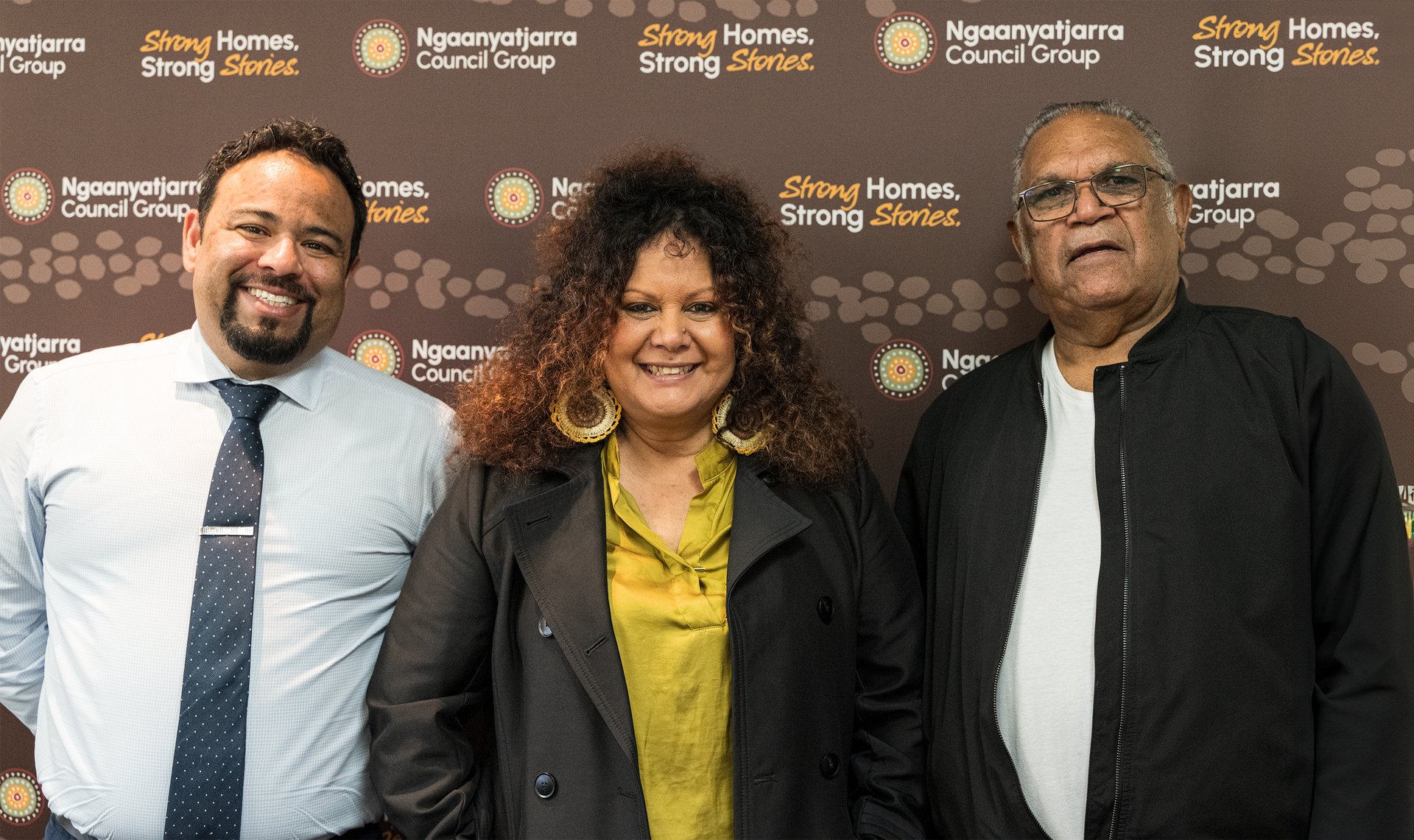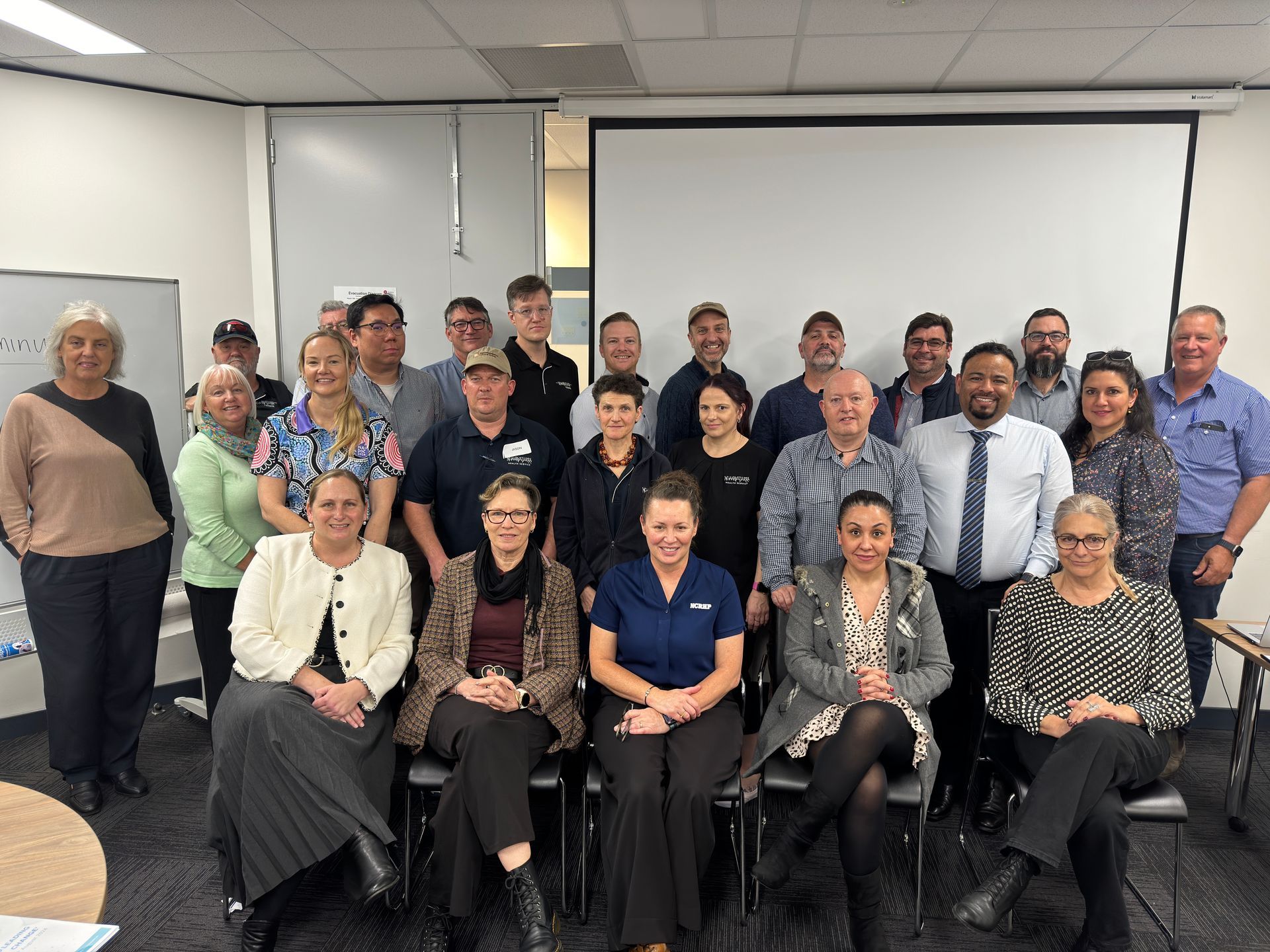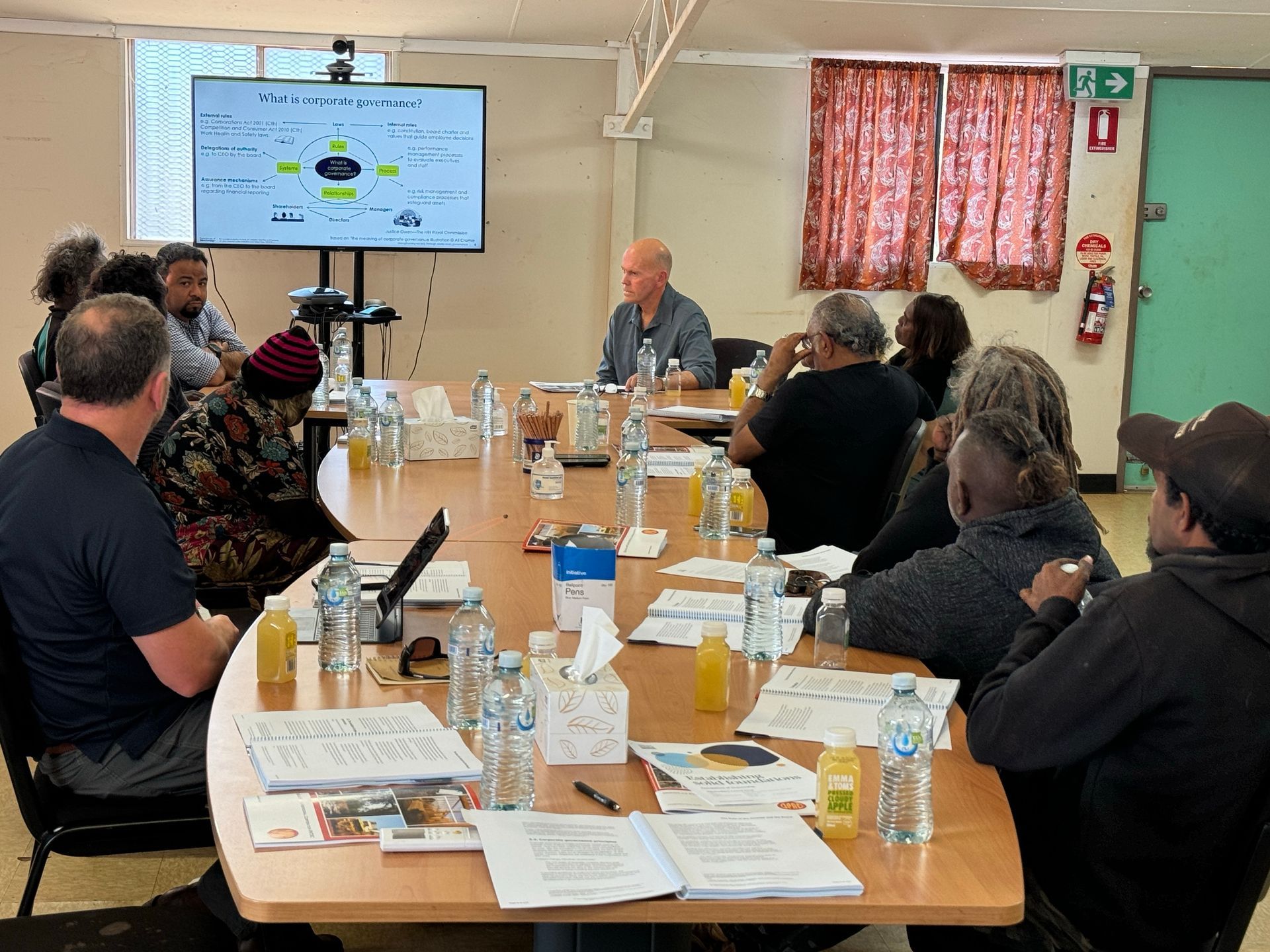Road closures from flooding continue to hamstring remote communities on the lands.
Flooding and road damage caused by rains in March 2024 continues to thwart supplies to remote communities on Ngaanyatjarra lands.
(Pic: Shire of Laverton)
The 900-kilometre journey from Kalgoorlie to Warburton continues to be blocked for heavy haulage six weeks after torrential rains drenched the areas of the Western Desert in March.
While generally traversable, a short stretch of 130 kilometres from Cosmo Newberry prevents heavy haulage vehicles from continuing north to Warburton. While a small bypass allows smaller 4WD vehicles to continue the journey, it remains unsuitable for large trucks.
The road damage has created a logistical headache for supplies of fresh food, as well as building and maintenance supplies.
Mark Hutton, Acting General Manager of Housing at 911±¬ÁÏÍø, provided insight into the complexities of logistics as they await access to the road once more.
“Our most urgent transport deliveries, like fresh provisions, are required to add a combined 4,600 kilometres to their round trip by entering South Australia and accessing the lands via Alice Springs,” Mark Hutton said.
“It’s been six weeks so far, and the road won’t be re-inspected by the Shire until April 29,”
“There is still standing water on sections of the road, though nothing like it was right after the initial rains,”
“While fresh provisions have been taking the longer route since those initial rains, we’re now having to organise movements of building materials as well to continue maintenance activities and building projects in our communities,” Mark said.
The flooding of parts of the Western Desert was also the cause of a group of seven becoming bogged in a vehicle about 220 kilometres south-west of Tjuntjuntjara community in mid-March. More recent problems with access endangered the reliability of another community’s water supply.
With no guarantee of access following the road inspection by the Shire of Laverton at the end of April, significant overruns on transport costs are in danger of extending further.
“Each bulk load transported via South Australia costs an additional $12,000, which significantly impacts the cost of providing goods and services to the lands while also creating some uncertainty around ongoing delivery,” Mark said.
“It’s still too far down the track to change current realities, but the programmed sealing of the road out of Laverton will be a game-changer for these regular journeys—both for community members and service providers,” Mark added.
The current access to Ngaanyatjarra lands is another example of the challenges of life in remote communities. While this isolation will always cause significant challenges, there is hope that heavy haulage access will be resolved as a priority.
Related News



